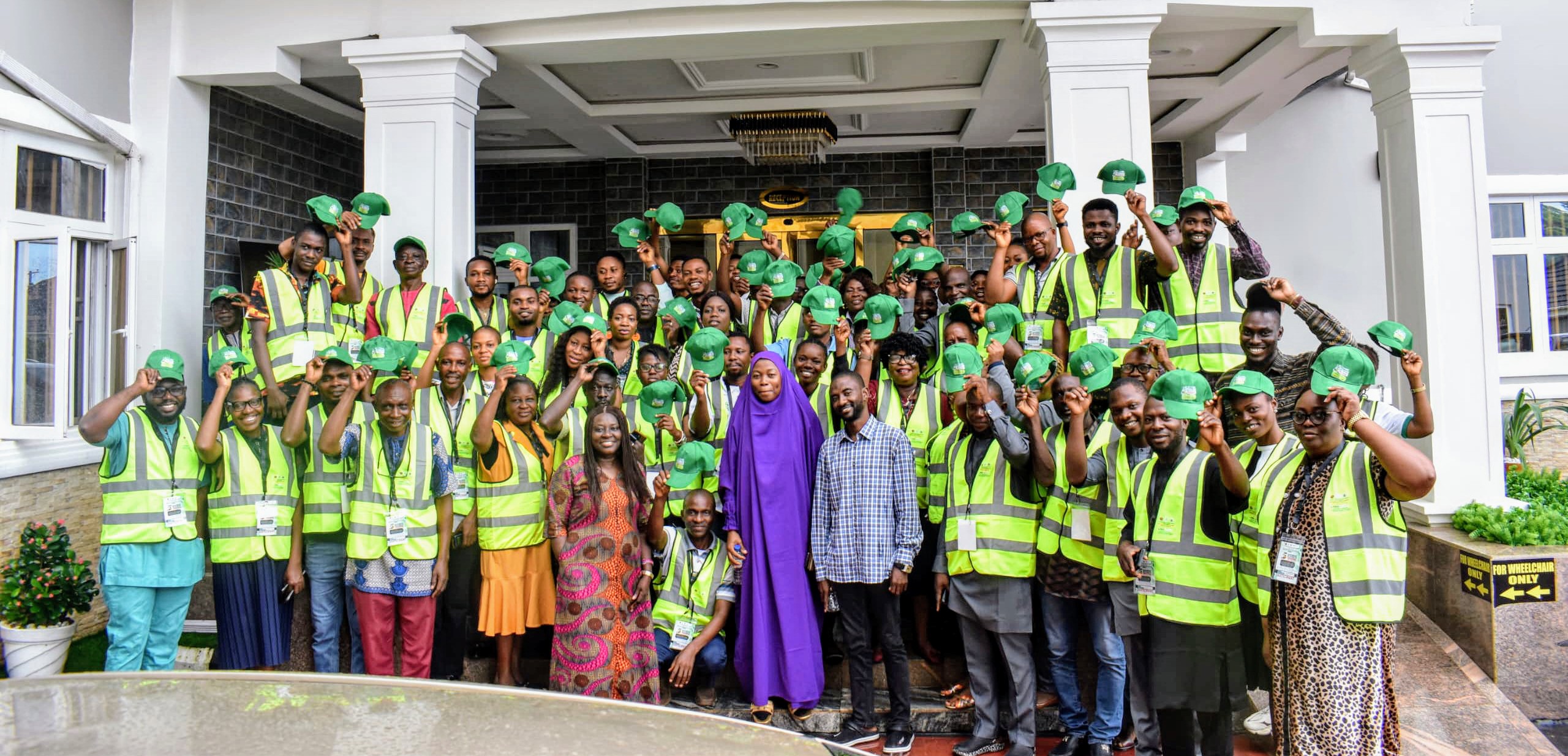By Rosemary Okoduwa
The Edo State Livestock Productivity and Resilience Support Project (Edo LPRES) has taken a significant step towards improving livestock farming in the state by training extension agents on Good Animal Husbandry Practices (GAHPs). The training focused on equipping these agents with the knowledge and skills needed to formulate alternative livestock feed using plant waste, a move aimed at reducing production costs and increasing farmers’ profitability.
According to Mrs. Betsy Ikpikhumi, State Coordinator of Edo LPRES, feed accounts for over 70% of livestock production costs, making it a huge burden for farmers. The competition between human and animal consumption of grains like maize and sorghum further increases production costs. To address this challenge, the project proposes using agricultural residues such as corn husks and plant straws to create livestock feed.
The use of alternative feed options like grass, straw, and plant residue can significantly benefit farmers. These feed alternatives are not only affordable and accessible but also efficient for animal nutrition. By adopting these practices, farmers can reduce their reliance on conventional, costly feed ingredients, Improve the overall health and productivity of their livestock and boost their income through better commercialization of livestock products.
The training, which hosted 78 participants, including veterinary doctors, ministry officials, and animal husbandry experts, provided comprehensive hands-on experience in modern feed formulation techniques.
According to Mr. Emmanuel Okonedo, Animal Husbandry Services Officer for Edo LPRES, the training was designed to enhance the capacity of extension agents, enabling them to transfer up-to-date practices to farmers.
Agriculture, especially livestock farming, is evolving rapidly, with modern techniques emerging for better outcomes. However, many farmers remain unaware of these innovations. Extension agents play a vital role in bridging this knowledge gap and improving farm productivity. By equipping these agents with the necessary skills and knowledge, Edo LPRES is helping to empower farmers and improve the overall livestock industry in the state.
The training marks a significant step towards promoting sustainable livestock practices in Edo State. By adopting innovative feed solutions and modern techniques, farmers can improve their productivity, reduce costs, and increase their income. As the project continues to support farmers and extension agents, it is likely to have a lasting impact on the state’s livestock industry.
Discover more from DE-PATRIOT
Subscribe to get the latest posts sent to your email.
